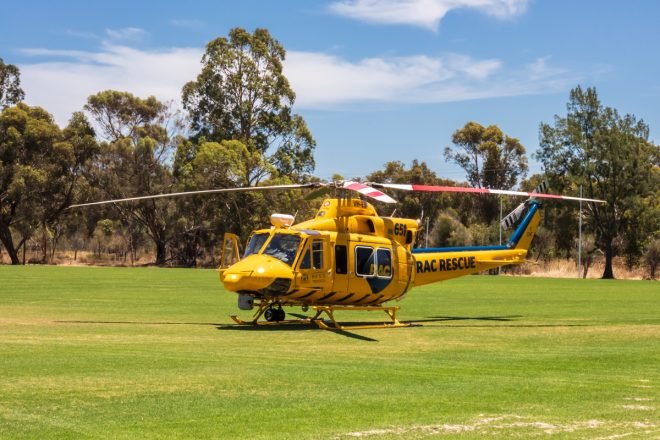Advertisment
COVID lockdown hits air ambulance services in remote Australia

Article written by Gary Finnegan.
New data released by Australian researchers reveals the impact of the COVID-19 lockdown period on aeromedical retrievals in rural and remote regions. Researchers say while the social isolation measures led to a reduction in overall aeromedical activity during the lockdown in 2020, once the restrictions were lifted, evacuations increased significantly.
The findings, published in the Internal Medicine Journal, compare aeromedical evacuation trends in Australia during the pre-restriction, lockdown and post-restriction periods last year.
Australian researchers, including Dr Fergus Gardiner, Director of Public Health and Research, Royal Flying Doctor Service (RFDS), and Dr Marianne Gillam from the University of South Australia (UniSA), say fewer aeromedical retrievals were carried out during the lockdown, but the proportion of vulnerable infants and adults with heart conditions who were evacuated was much higher.
‘This may reflect patients delaying early intervention due to social isolation measures and limitations in accessing primary healthcare and cardiac services,’ Dr Gardiner says.
Limited access to local cardiac surgeons in remote regions between March and May 2020 led to a spike in RFDS aeromedical retrievals for babies with congenital malformations, as well as adults with heart conditions.
Almost 17,000 aeromedical retrievals were undertaken in the first half of 2020, a drop of 1,144 compared to the same period in 2019, with heart patients comprising 18 per cent of the evacuations, injuries accounting for 16 per cent and diseases of the digestive system 9 per cent.
Fewer cancer patients were evacuated but retrievals increased significantly once the social isolation measures were lifted. ‘Many oncologists within Australia only performed essential treatments during the lockdown, mainly because their cancer patients were more immunocompromised and leaving their homes would have left them more exposed to infection,’ Dr Gillam says.





